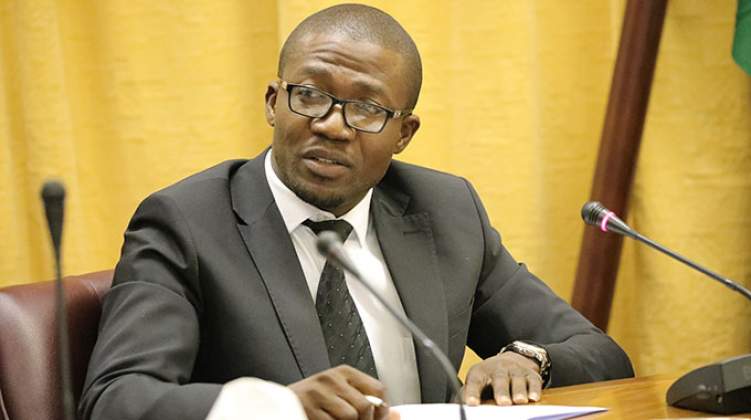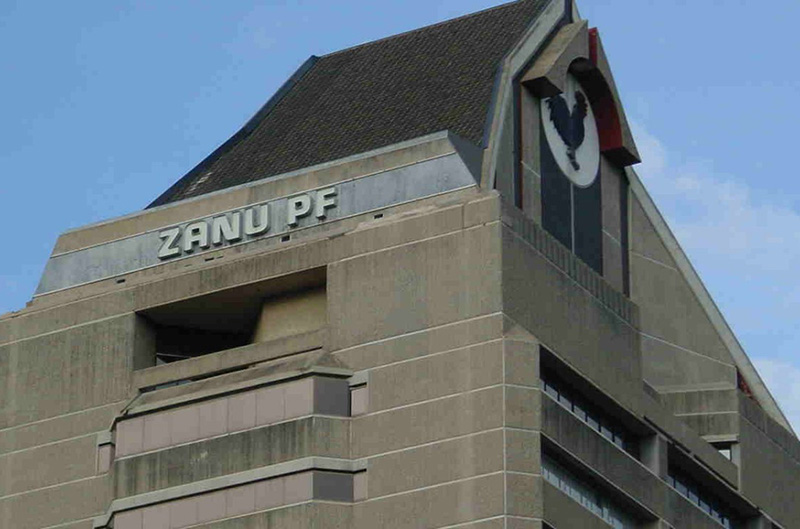The merging of Bulilima East and Bulilima West constituencies following the delimitation process has pitted two Zanu PF heavyweights in Matabeleland South against each other as they will battle it out in the upcoming Zanu-PF primary elections.
Tourism minister Nqobizitha Mangaliso Ndlovu who is also the ruling party’s Matabeleland South provincial chairman will go against Dingumuzi Phuti, Member of Parliament for Bulilima West and Deputy Minister of Information and Communication Technologies to earn a ticket to represent the party in the upcoming elections.

The two politicians have started canvassing for votes.
In an interview with CITE, Ndlovu said it is unfortunate that the constituencies were merged.
“Unfortunately, it had to get to that, for me, he is a brother of mine I grew up with in politics, we did not envisage this kind of scenario but there was no other way after the two were merged,” said Ndlovu.

Meanwhile, Phuti said he was confident of emerging victorious.
“There is a lot of work, to be honest, a huge challenge, but its blood on the floor, we are in the game, we have the upper hand because we maintained uninterrupted visibility throughout the term from the declaration of election victory, the swearing-in on the 5th of September 2018 and all other processes and programs that we have been doing,” said Phuti.
He said his appointments as the Deputy Government Chief Whip in 2019 and his appointment as the Deputy Minister in the same year did not interrupt his role as the Member of Parliament for his constituency as he managed to balance all his roles.
“I have implemented a lot of programs, projects across the constituency, I have been very instrumental in ensuring that cross-border trade and the peculiar services of our economy is made afloat by way of facilitating the uninterrupted services at Maitengwe border post to allow Omalayitsha to come in and out and it was announced the only border of the country that was open.”
Phuti added that he also managed to improve the infrastructure that he outlined in his approach of five pillars which was clinic, schools, network provisions, water and sanitation.
“The only pillar that did not come out well was that of road construction because the constructors that were made to do the job under the Emergency Road Rehabilitation Program were not capable enough to meet the standards, so we did not play very well in that approach,” he said.
“People have been seeing what we have been doing, we have been engaging them, we have been listening to them, we been affording young people opportunities, some of them we have gotten them scholarships through the Presidential scholarship assistance, some of them we have gotten them scholarship through the Ministry of Primary and Secondary Education.”

